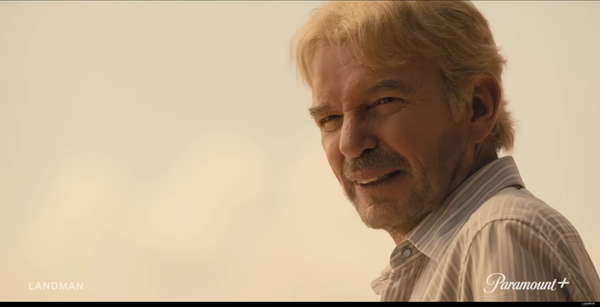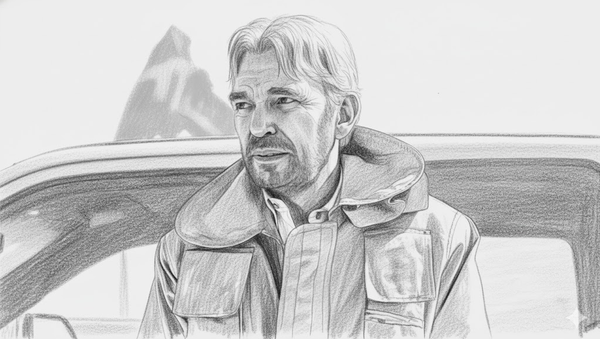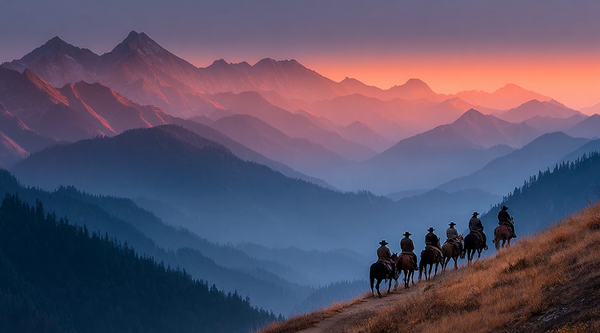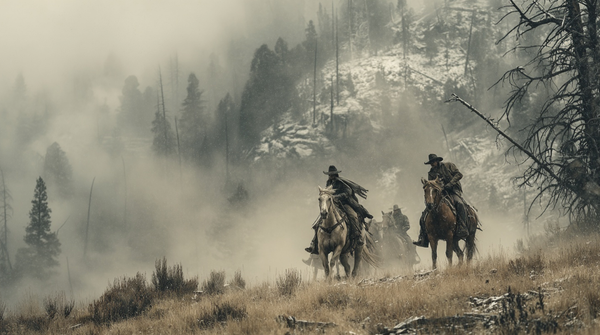Female Power in "1923": Unyielding Souls in the Montana Wilderness and Family Legacy
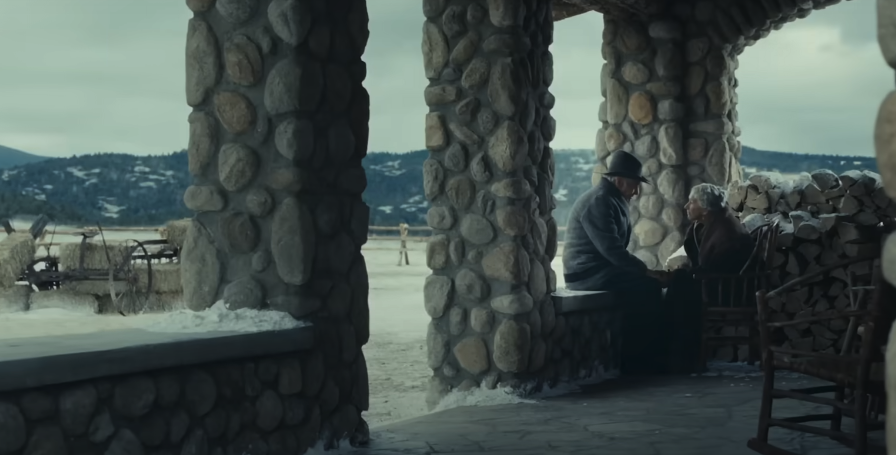
On the Women of 1923
In the grand architecture of the American imagination, the Western holds a permanent, dusty room. It is a space of masculine myth, of hard-jawed men taming a wild land. But in the ever-expanding television universe of Taylor Sheridan—an oeuvre that includes Yellowstone and its many branching histories—this old room is being forcibly remodeled. The Montana wilderness, as he paints it, is not simply a place on a map; it is a great furnace, a place where the very soul of the Dutton family is hammered into its tough shape. And it must be said that in his prequel series, 1923, the ones who truly bear the heat of this furnace are not the cowboys, but the women.
Here, on a frontier reeling from the Great War and stumbling toward the Great Depression, the convenient archetypes of the Western are made complicated. We are given not damsels nor saloon girls, but a gallery of women—Cara, Elizabeth, Teonna, and Alexandra—who are forced to become the primary movers of their own stories. They are not decorations in a man's world. They are the story itself, and their struggles with sacrifice, survival, and independence serve to redefine the very meaning of strength in this unforgiving landscape.

I. Cara Dutton, the Stone Foundation of Montana
To watch Helen Mirren as Cara Dutton is to watch a masterclass in stillness and command. She is the family’s matriarch, its spiritual and—when necessity demands—its operational fulcrum. When her husband, Jacob (a suitably grim Harrison Ford), is felled in a bloody dispute with rival shepherds, the full weight of the ranch, of the family’s very existence, settles onto her shoulders. This is a time of immense external pressure: drought, locusts, and the predatory ambition of a mining tycoon, all conspiring to tear the Dutton legacy from the earth.
Cara’s leadership is not one of loud pronouncements but of quiet, cold calculation. She understands, with a painful clarity, the precarious position of a woman in charge. And so, she commits an act of radical audacity: she forges her husband's signature, summoning neighboring ranchers to form a vigilante police force. This action—a thing of both boldness and high political instinct—demonstrates a will to preserve her family that operates beyond the era’s accepted rules. As Mirren herself has noted, the “incredible power and agency” of the character is a testament to a woman becoming the key force of her own fate.
She is also the keeper of the family’s moral compass. Her warning to Jacob, that “greed is the root of all ruin,” feels less like a platitude and more like a foundational law. She dismisses the courts as “a game women can’t play” and draws a chilling distinction between methods of conflict: “Men kill quick, with a bullet or a noose. My fight is with me always, and I kill slow.” This philosophy of a deeper, more enduring revenge speaks not only to the prolonged nature of their war, but also to a uniquely feminine resilience forged in suffering.

II. Elizabeth Strafford, a Soul Tempered by Loss
Elizabeth Strafford, played by Michelle Randolph, arrives in Montana with what the critics call a “character arc” already waiting for her. She is a romantic, betrothed to Jack Dutton, and she carries with her a beautiful, fragile idea of life on the frontier. The reality, of course, is a brutal corrective. Before she is even married, she is plunged into the family’s violent struggles.
Her resilience is forged in a series of cruel trials. The joy of pregnancy is extinguished by a miscarriage, a private agony that deepens her commitment to the idea of family itself. “For better or for worse,” she tells Jack, her voice hardened with new meaning, “means I fight with you, for this.” This vow becomes her anchor. We see her strength tested most horrifically in a scene involving a rabies scare. The doctor, a figure of crude authority, pins her down for a forced injection, a moment of profound violation. “No discussion, no choice,” she later recalls, recognizing that survival here means a kind of submission to brutality.
Her wardrobe, designed by Janie Bryant, tells its own story—the soft pinks and purples of her arrival slowly giving way to the somber, practical hues of the ranch. It is a visual map of her journey from innocence to hardened experience. And yet, there is a limit. The Montana life, with its endless trauma, proves to be a weight too heavy for her soul to bear. Her decision to leave is not presented as a failure, but as a different calculation of survival. “Be my husband in Boston,” she tells Jack, a heartbreaking ultimatum. Her story becomes a sad song about the choice, equally brave, to walk away from a land that takes more than it gives.

III. Teonna Rainwater, a Fugitive from Cultural Erasure
The storyline of Teonna Rainwater (Aminah Nieves) is a harrowing and necessary detour from the Dutton saga. It is an unflinching look at the systemic cruelty of the American Indian boarding schools of the early 20th century—institutions designed not for education, but for the erasure of a people.
Teonna’s narrative is a simple, brutal cycle of oppression and rebellion. For the crime of speaking her own language and holding to her own identity, she is subjected to physical and psychological torture by the priests and nuns who run the school. The cutting of her hair, a sacred symbol in her culture, is the final violation. She responds with shocking violence, escapes her captors, and begins a desperate journey back to her people. Her story provides a crucial, wider social critique for the Yellowstone universe, a living scar that reminds the viewer of a dark, often ignored, history.
It is true that the show’s portrayal of the school’s clergy as figures of pure, unadulterated evil has drawn some criticism for a lack of nuance. They are, as some have said, too flatly monstrous. Still, the power of Teonna’s journey is in its core truth: the ferocious courage of a young woman refusing to be erased. As the actress Aminah Nieves has put it, Teonna’s resilience is “generational,” a fight inherited from her ancestors.

IV. Alexandra, a Flower of Tragedy in a Distant Land
If Teonna’s story is one of raw survival, Alexandra’s is a tragedy of doomed romance. Played by Julia Schlaepfer, Alex is a British aristocrat who, upon meeting the war-haunted Spencer Dutton in Africa, impulsively abandons her life of privilege to follow him into the unknown. Their love affair is a bright splash of color against the show’s often grim palette, but it is shadowed from the start by hardship.
Her journey is a relentless stripping away of comfort and convention. She survives a shipwreck and being stranded on a desert island, her fine dresses and aristocratic manners giving way to the tattered clothes and primal instincts of a survivor. The true test, however, comes when she finally reaches America. At the immigration center, she is treated like livestock, her romantic dream of a new life met with the cold cynicism of a bureaucrat. Her retort is a moment of fiery clarity: “You take away our dignity… This is the least free I have ever felt in my life.”
It is her love for Spencer that fuels her forward. The scene of her, freezing in the snow, managing to start a car and finally reunite with him, is one of the show’s most potent images of devotion. But their love story ends in heartbreak and separation. Spencer is left to live a long life haunted by her memory, and the question of whether their son is a direct ancestor in the main Yellowstone line becomes one of the show’s great, sorrowful mysteries.

V. The Sheridan Method: A Sword with Two Sharp Edges
The powerful women of 1923 are a consistent theme in the work of Taylor Sheridan. But the series itself, and his entire method of creation, is a subject of both admiration and controversy.
Sheridan is famously an auteur who works without a writer’s room. He writes everything himself. This singular control gives his universe a powerful, unified vision, a consistency of tone and theme that is rare in television. The result is often thrilling, emotionally resonant television that earns enormous ratings. However, this sword has two sharp edges.
Critics have pointed out that without the collaborative friction of a writer's room, Sheridan's narratives can become indulgent, repetitive, and overly reliant on scenes of shocking violence. The depiction of sexual assault in 1923, for instance, has been criticized as gratuitous and lacking a sensitive understanding of female trauma—“clearly written by a man without female input,” as one online comment put it. Compared to the tight, purposeful narrative of his earlier masterpiece, 1883, the story of 1923 can feel scattered, unsure of what it wants to be.
And yet, despite these valid criticisms, the world he has built remains compelling. And at its heart are these women. Cara, Elizabeth, Teonna, and Alex are more than just characters in a historical drama. They are complex figures who challenge the very foundations of the Western myth. They endure, they fight, they love, they lose, and they make choices—both brutal and beautiful—in a world determined to give them none. They are not merely survivors of this history; they are its most unflinching, and perhaps its most honest, architects.
